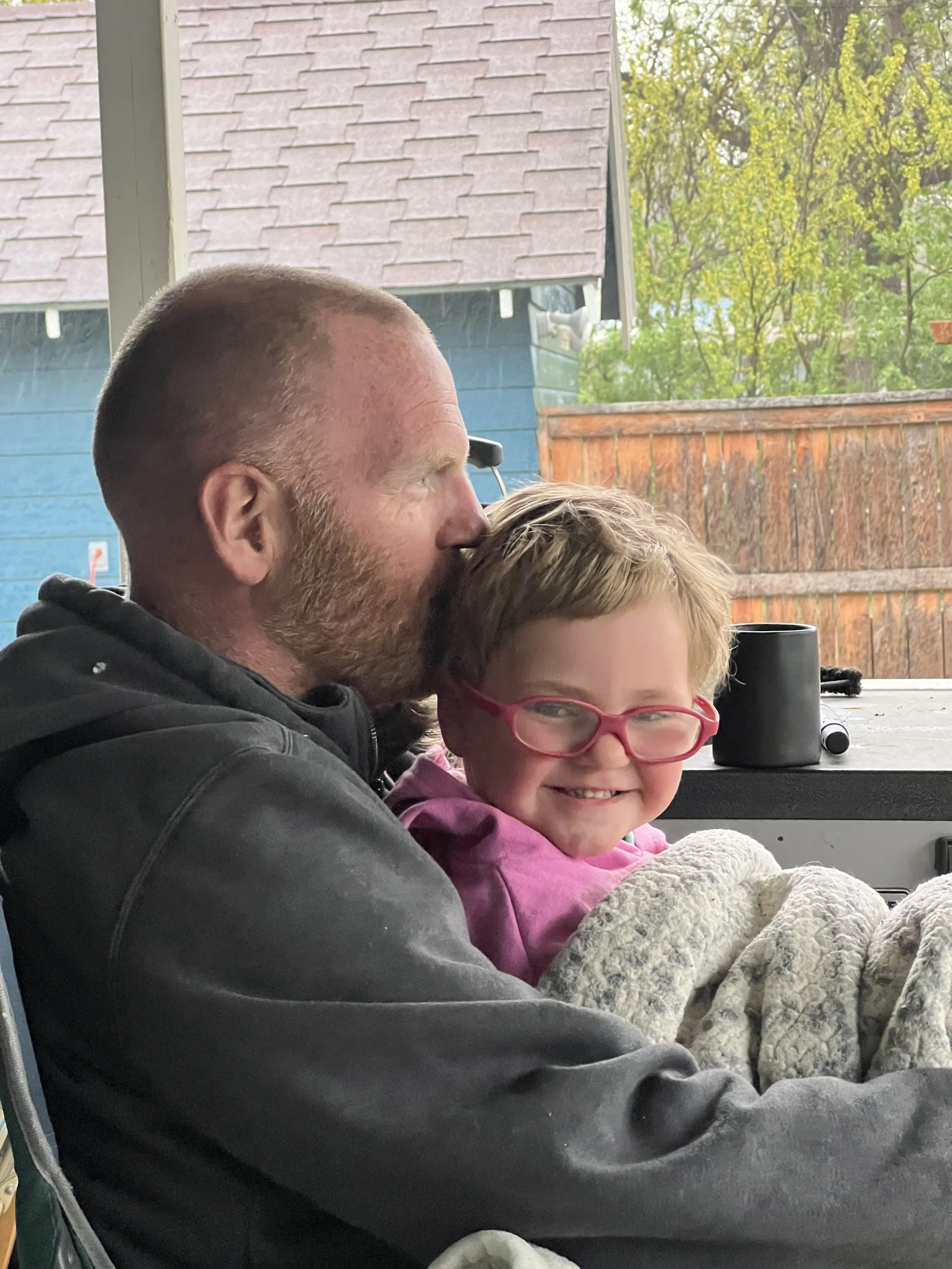The trailer looked fine.
I’ve hauled with it plenty of times. Not daily, but enough. Around town, to the dump, here and there. Nothing about it screamed danger. It didn’t even whisper it.
But I was heading out on a longer run — out of town, hauling heavy, up and down Montana highways. So I figured I’d stop and get the bearings greased. Just a quick check. Just in case.
The mechanic didn’t hesitate:
“This thing needs work. Like… real work. Today.”
And suddenly, what felt like an overcautious errand looked a lot more like a near-miss.
It’s funny how often life plays out like that.
We learn to live with the squeaks and rattles.
We call them quirks.
We normalize them.
We tell ourselves, “It’s probably fine.”
And it is… until it isn’t.
There’s this moment that happens — when the mechanic steps out and says the thing we weren’t expecting — and it shifts something. Not just in our trip plans, but in our gut.
That moment when we realize: a little delay now, a little discomfort, a little cost — those might just be the things that keep everything else from falling apart later.
Like the literal wheels falling off.
At 65 mph.
On a mountain.
THAT would have been awful. And it could have happened — if I had ignored the little squeaks and rattles, or simply pushed them aside as something to do later.
When I get back.
When I have time.
And now, with my trailer in the shop and work on hold for a bit, this experience has me thinking:
What if the wise thing isn’t to respond quickly — but to check regularly?
Because not every warning light flashes red.
Sometimes it’s a feeling.
Sometimes it’s a creak when you hit a bump.
Sometimes it’s just something you’ve been meaning to get to.
And sometimes — oftentimes — in comparison to the immediate needs and demands, it doesn’t even register at all.
I know I’m awful at this. Just awful.
So if I don’t intentionally schedule times to check in, they NEVER happen.
(Eric Beard, if you’re reading, I promise — I WILL call.)
Things like: a date with my wife.
Intentional conversations with my kids.
Checking in on staff members or friends.
Getting the trailer looked at.
Maybe you can relate. If so, I encourage you (and require myself) to:
Schedule a regular check-in with your spouse — not because something’s wrong, but because it’s worth protecting.
Block out one morning a month to evaluate your pace, your margin, your sleep. What habits do I need to change or tweak?
Ask your kids how they’re doing — and don’t accept “fine” if it comes too fast.
Build in spiritual maintenance — not just Sunday, but in the little spaces between.
Rest before burnout.
Invest in what matters before it starts to fall apart.
Life doesn’t just need emergency stops.
It needs routine checkups.
It needs people who aren’t just reactive — but intentional.
And it needs the kind of wisdom that says,
“Let’s not wait until the wheel comes off.”
Sometimes, pulling into the shop isn’t a waste of time.
Sometimes, it’s the thing that allows us to return home — to the things that matter.
That's what I've been thinking about this week.




